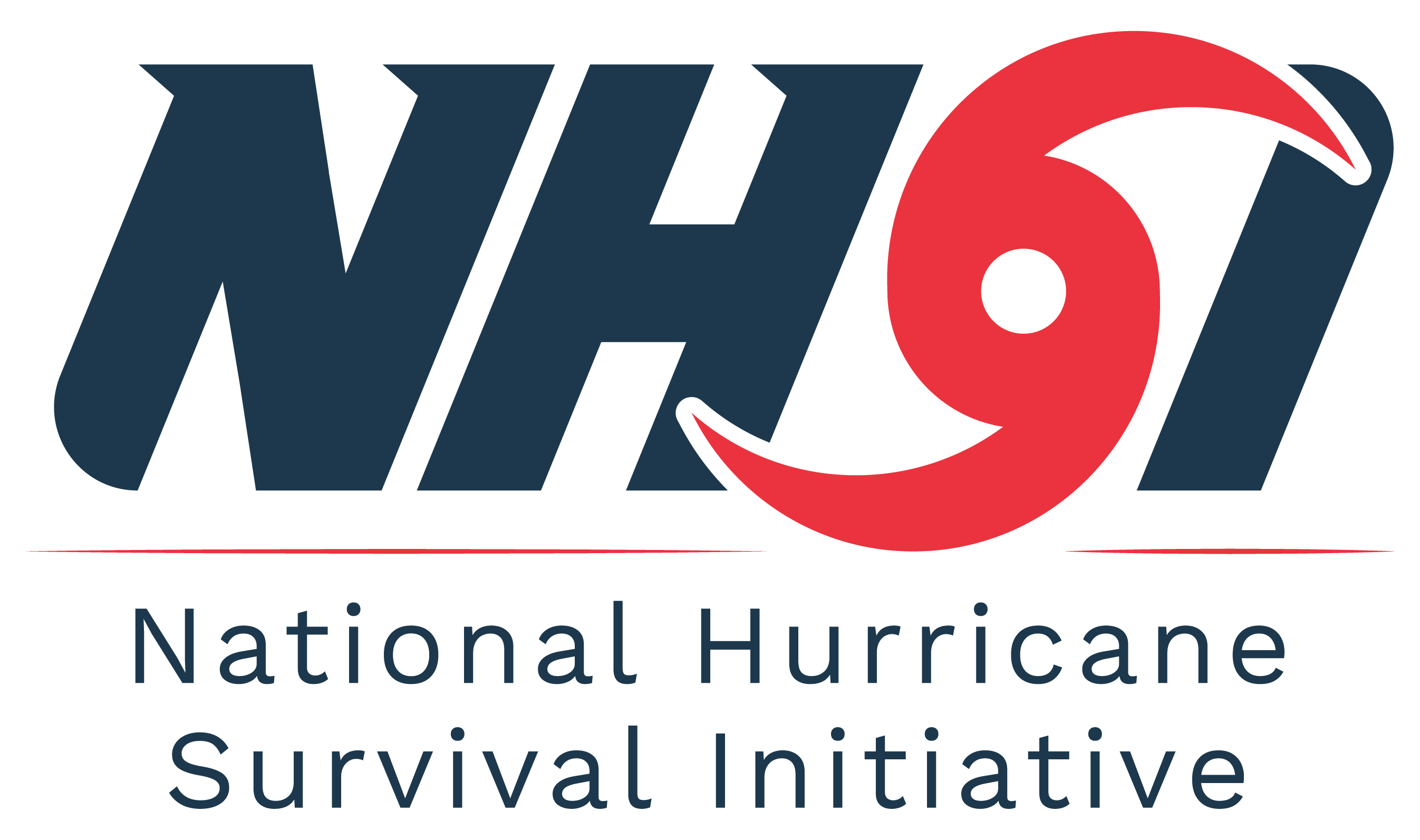TALLAHASSEE, Florida – Despite unprecedented devastation inflicted by powerful hurricanes in recent years – and a new survey showing that two-thirds of Americans believe climate change has increased the intensity of storms – more than half of Americans believe government agencies, political leaders, and news media exaggerate storm threats. Those are among key findings of a new national survey by the National Hurricane Survival Initiative, which has been informing and educating Americans about hurricanes for more than 25 years.
With the 2024 hurricane season officially beginning this Saturday, only slightly more than half of Americans say they are somewhat prepared for a hurricane. Surprisingly, more residents of the Mid-Atlantic states say they are prepared (71%) than in hurricane-prone Florida (63%). Mid-Atlantic residents also report the greatest concerns that their region will be impacted by what is predicted to be a hyper-active hurricane season.
“Finding trusted sources of information with a storm bearing down – and listening to them – may well determine survival,” said Michelle Ubben, national spokesperson for the National Hurricane Survival Initiative. “It’s alarming that so many Americans are skeptical about official storm warnings, even as predictions about where and when storms will make landfall have become more and more accurate.”
The National Hurricane Survival Initiative (NHSI) is a public education project of Sachs Media. For more than a quarter-century, NHSI has been an important source of information in hurricane-prone regions about how to prepare for, survive, and recover from a hurricane. Sachs Media is a leading producer of public education initiatives and a trusted source of crisis communications support in the aftermath of a natural disaster.
The national survey, which polled 975 adults May 27-29, 2024, found that while only 54% of Americans report that they are at least “somewhat” prepared, the vast majority have growing concerns about weather events. Nine in 10 Americans say they are more concerned about extreme weather events such as extreme heat and cold, tornadoes, or floods, than they were just five years ago, and 1 in 3 (33%) cited hurricanes as a weather event causing them to lose sleep.
Almost three-quarters of Americans (72%) say climate change is contributing in some measure to the more intense weather, with 44% thinking it plays a major role. Despite this, only about one-third of Americans (31%) expressed an increased level of concern that a hurricane would affect them personally. Even among those who have been personally impacted by a hurricane, less than half (47%) said their level of concern had increased in the past year.
“The vast majority of Americans are increasingly concerned about extreme weather in all its forms,” said Lisa Garcia, a senior producer for the National Hurricane Survival Initiative. “This underscores the need for heightened awareness and preparedness efforts as we face increasingly severe weather events.”
In releasing the survey results, the National Hurricane Survival Initiative also cited the good news that hurricane forecasts are getting more accurate. In the 1990s, 72-hour estimates missed the actual landfall location by an average of 282 miles – the distance from Miami to Tampa – but in 2021, landfall estimates were accurate within just 75 miles. Forecasters have also improved how accurately they can predict total hurricane activity each season, although that may be an ominous sign given this year’s official NOAA estimate of 17 to 25 total named storms, with 8 to 13 hurricanes –including 4 to 7 major hurricanes.
Even in the face of massive devastation and far more accurate forecasting, more than half of Americans believe public officials, news outlets, and even meteorologists overstate storm threats, according to the survey. Men are particularly skeptical of media reports, with 61% expressing doubts.
Full survey findings are available here.
